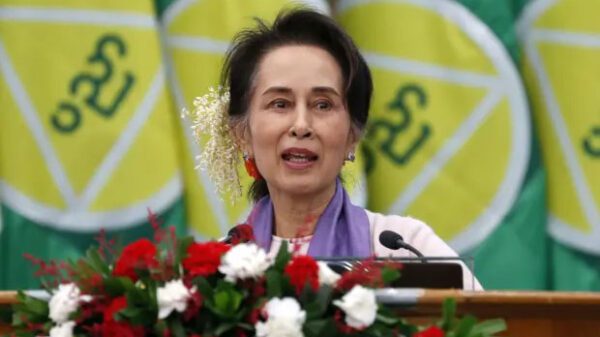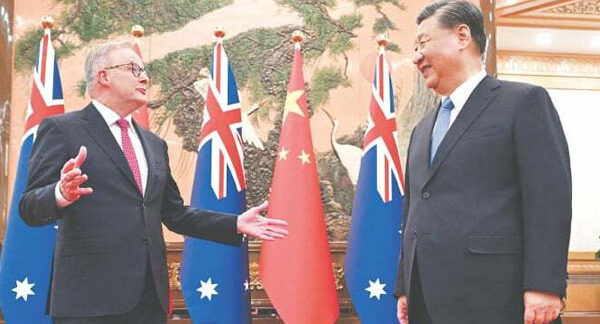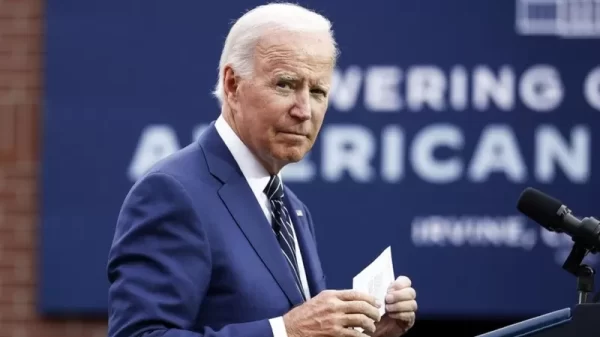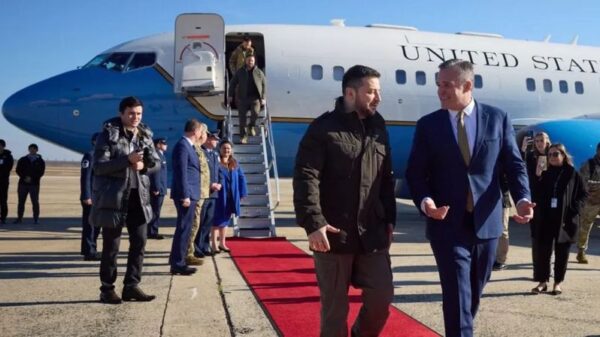Why are Syria and India coming so close to each other?
Syrian Foreign Minister Faisal Maqdad is on a visit to India from 17 to 21 November. Syrian Foreign Minister has met Indian Foreign Minister S Jaishankar.
The two foreign ministers reviewed bilateral relations and also discussed international issues of interest to both countries.
In a statement issued regarding the visit of the Syrian Foreign Minister, the Indian Ministry of External Affairs has said that India will provide financial assistance of $280 million to Syria to build a power plant and a steel plant.
In an interview to Wion News, Syrian Foreign Minister Faisal Maqdad has said, “Indian Embassy did not stop its operation in Damascus even in 2013, 2014 and 2015, even during the fierce conflict in Syria.” Even the Syrian Foreign Ministry building in the capital Damascus was being attacked by rockets.
“Even during this difficult time, the movement of high-level delegations between India and Syria did not stop. It takes four hours to reach Delhi from Damascus. That’s why you can understand the closeness in terms of time and place in both the countries.
historical relationships
The Syrian Foreign Minister said, “Syria believes that India should get permanent membership of the United Nations Security Council. For the last two years, when Syria was facing food crisis, India had sent rice. We are an Asian country. You can call us a West Asian country, but here is the heart of Asia.
The pro-democracy movement that started in March 2011 took Syria into a civil war. During this, America kept trying hard to remove Syrian President Bashar al-Assad, but it did not get success.
On the other hand, Russian President Vladimir Putin stood by Bashar al-Assad and did not allow America’s strategy to work.
During this, India continued to oppose any external military intervention in Syria. The UPA government also had the same attitude. India’s argument was that all the parties should sit together and talk. In 2013, India’s Ministry of External Affairs said that a military solution in Syria could not be an option.
Syria and India have historically had good relations. After independence, India’s first Prime Minister Jawaharlal Nehru had made good relations with Arab countries by going beyond the scope of the Non-Aligned Movement.
Nehru visited Syria in 1957 and 1960. Nehru had made good relations with Syria’s Baath Party and its leaders.
Dr. Rami Ginat, Professor of Political Science at Israel’s Bar Ilan University, has written in his research that there was a lot of hype in the local press about Nehru’s visit.
Assad family
There was a lot of enthusiasm among the people. More than 10,000 people stood at the airport to welcome Nehru. Seeing Nehru, people were saying in one voice – The hero of world peace is welcome. There were slogans of long live the leaders of Asia.
In 1978 and 1983, the then Syrian President Hafiz al-Assad visited India. In 2003, the then Prime Minister of India Atal Bihari Vajpayee went on a tour of Syria. Vajpayee’s visit to Syria was of an Indian Prime Minister after 15 years.
After this, in 2008, Syrian President Bashar al-Assad visited India. Then there was movement of high level delegations between the two countries.
In 2010, the then President of India Pratibha Devi Singh Patil visited Syria. It is said that India always maintained good relations with Asad’s family.
Bashar al-Assad’s father, Hafez al-Assad, was in power in Syria from 1971 to 2000. After 2000, Bashar al-Assad has the command of Syria.
After the Arab Spring that started in 2011, difficulties increased for Bashar al-Assad. Assad was also under pressure to go out of power. America was also openly supporting it, but it did not happen.
In 2013, the Geneva-II conference was held to resolve the ongoing conflict in Syria. Russia had also talked about India’s role in this.
The then Foreign Minister of India, Salman Khurshid had attended this conference. Salman Khurshid had kept India’s stand on the line of Russia and China in this conference.
In Geneva, Khurshid had said, “India’s interests are at stake due to the ongoing conflict in Syria.” India has a historical relation with the regions of West Asia and the Gulf. Our connection with Syria and this region is directly related to business, income, energy and security of Indians living in these areas. Any kind of conflict here affects our interest on a large scale.
During Atal Bihari Vajpayee’s visit to Syria in 2003, the then spokesperson of the Ministry of External Affairs of India, Navtej Sarna, said in an interview to the Syria Times that India has a very strong relationship with the Arab world and especially with Syria.
He had said that Vajpayee’s visit to Syria shows how important this country is for India.
Sarna was asked whether India’s stand on Syria is not clear because of growing security ties with Israel. In response, Sarna had said that such things go on in the press, but in reality there is no confusion about Syria.
Then Tarun Vijay, the then editor of Panchjanya, also went with Atal Bihari Vajpayee.
He said in an interview to Syria Times, “This is my first visit to Syria. Syria is a Muslim country in the Arab world. I thought it would be a very conservative country.
But when I came here, my assumption proved completely wrong. Syria’s picture is completely different








